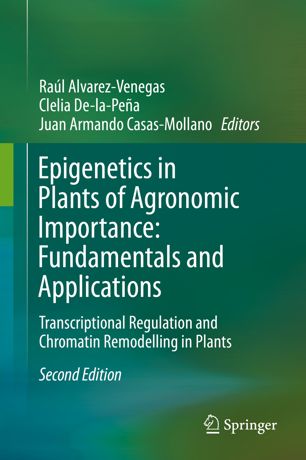

Most ebook files are in PDF format, so you can easily read them using various software such as Foxit Reader or directly on the Google Chrome browser.
Some ebook files are released by publishers in other formats such as .awz, .mobi, .epub, .fb2, etc. You may need to install specific software to read these formats on mobile/PC, such as Calibre.
Please read the tutorial at this link: https://ebookbell.com/faq
We offer FREE conversion to the popular formats you request; however, this may take some time. Therefore, right after payment, please email us, and we will try to provide the service as quickly as possible.
For some exceptional file formats or broken links (if any), please refrain from opening any disputes. Instead, email us first, and we will try to assist within a maximum of 6 hours.
EbookBell Team

0.0
0 reviewsOver the past few decades, chromatin modulation has emerged as an important regulator of gene expression. This second edition provides detailed information on the epigenetic mechanisms in plants, illustrating the value of this research in plants of agronomic importance. It examines recent advances regarding plants’ epigenetic regulation in response to abiotic and biotic types of stress; the epigenetic basis of plant immunity; evolution and functions of plant histones; epigenetic variation and plant breeding; and epigenome editing and crop improvement. The content is intended to promote the development of future biotechnologies to manipulate and selectively activate/inhibit proteins and metabolic pathways to counter pathogens, to treat important diseases, and to increase crop productivity. The development of new fields, like epigenome editing and RNA epigenetics, will certainly improve our understanding of currently known epigenetic modifications and their roles in e.g. host-pathogen interactions, crop productivity, and in response to environmental stimuli. This volume contains twelve new/revised chapters, written by an international team of experts on plant epigenetics, and addresses the needs of researchers and professionals in the fields of agronomics, crop breeding, epigenetics, plant biochemistry, plant developmental biology, and related disciplines.